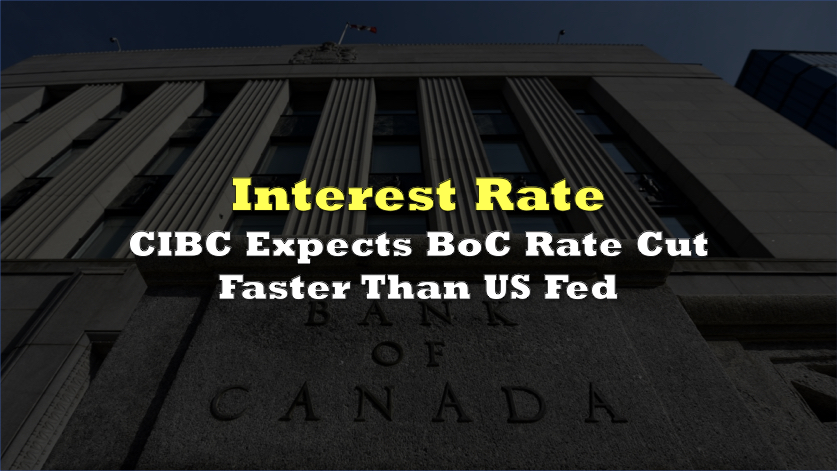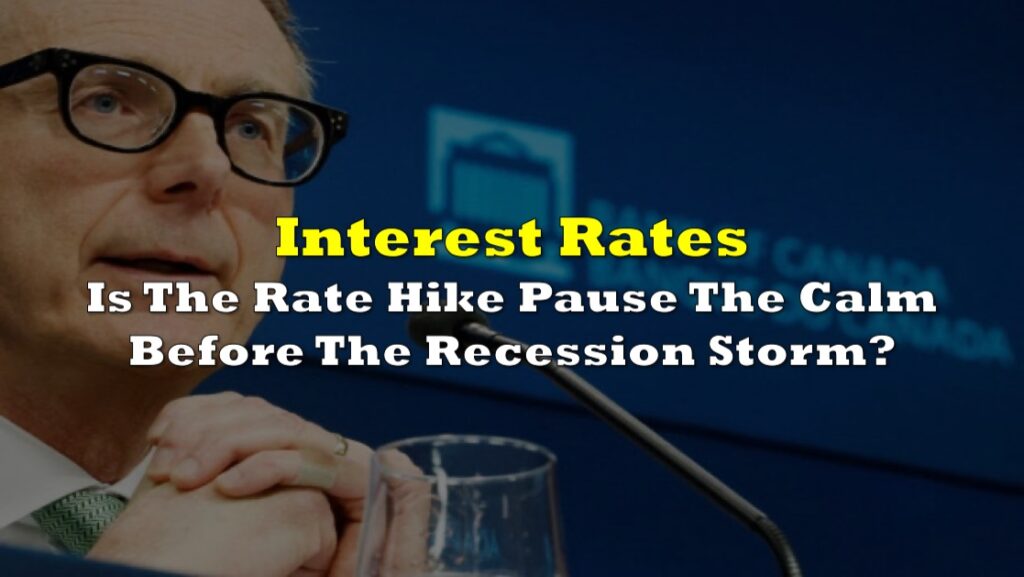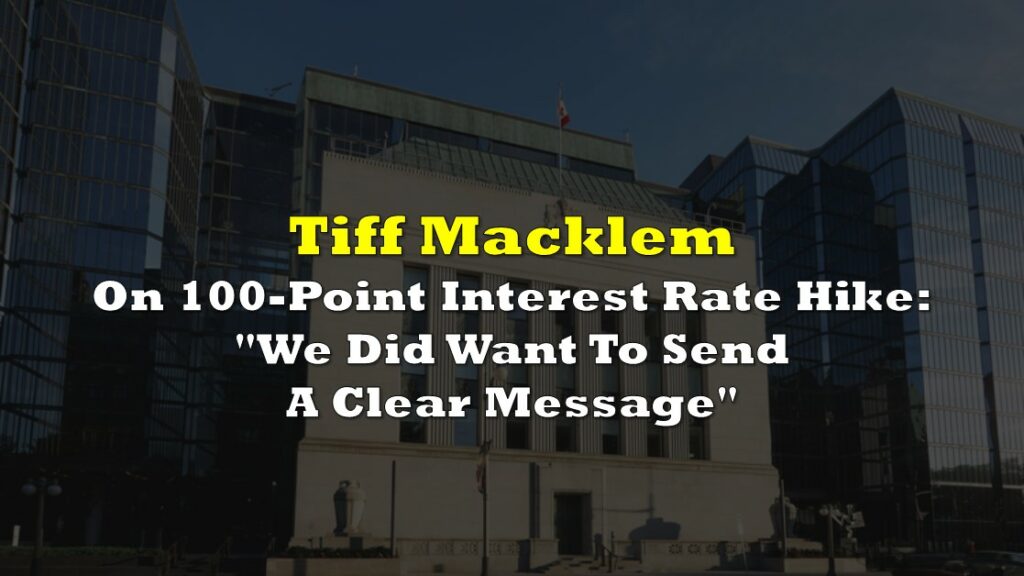CIBC Capital Markets says the Bank of Canada has a stronger case to cut rates than the US Federal Reserve and is positioned to move more aggressively, starting with a 25-basis-point reduction.
CIBC economist Ali Jaffery argues that Canada’s economy has moved “deeper into slack conditions throughout the year,” estimating a real-time output gap closer to -1.5%, while the US is only “just starting to show some signs of slack.”
Canada shed 65,500 labor positions in August, taking unemployment to its highest level in nine years outside the pandemic. Real GDP contracted by 1.6% in Q2, with weakness exacerbated by US tariffs on Canadian exports.
Inflation dynamics also support easing, according to CIBC. Headline inflation is near target and businesses’ expectations are steady, while earlier price pressures tied to counter-tariffs and a weaker loonie have reversed.
Jaffery adds that “enough dust has also settled to allow Governor Macklem to focus on what lies ahead and be less data-dependent,” even as the global backdrop remains challenging and fiscal policy offers little near-term relief.
Not everyone agrees the BoC should press ahead. Derek Holt of Scotiabank warns that “excess supply conditions could make it more challenging to steer inflation to land on 2% without undershooting over time.”
The bank expects the BoC to keep the door open to additional cuts if incoming data cooperate. The next inflation report arrives Tuesday, one day before the rate decision. Consensus looks for headline CPI to re-accelerate to 2.0% in August from 1.7% in July on base effects, with monthly CPI roughly flat and core measures steady. These conditions, CIBC says, should not impede the restart of easing.
In the US, a Fed cut is also anticipated this week, but for different reasons. The Fed is seen nudging policy closer to neutral rather than addressing acute weakness: payroll growth has slowed, unemployment is 4.3%, and wage growth has re-accelerated toward 4%.
Markets are already responding, with US mortgage rates down 15 bps last week to 6.35% and Treasury yields briefly dipping below 4% as investors price a broader Fed easing path.
Canadian funding costs have eased as well. The five-year yield has returned to the 2.70% area for the first time since May, pulling fixed mortgage pricing lower. Some five-year offers are back below 4%, and lenders, including RBC, have already trimmed posted rates.
A recent Reuters poll found nearly 80% of economists anticipate a 25-bp BoC cut on Wednesday, with most also expecting at least one more by year-end.
Information for this story was found via Canadian Mortgage Trends and the sources and companies mentioned. The author has no securities or affiliations related to the organizations discussed. Not a recommendation to buy or sell. Always do additional research and consult a professional before purchasing a security. The author holds no licenses.









